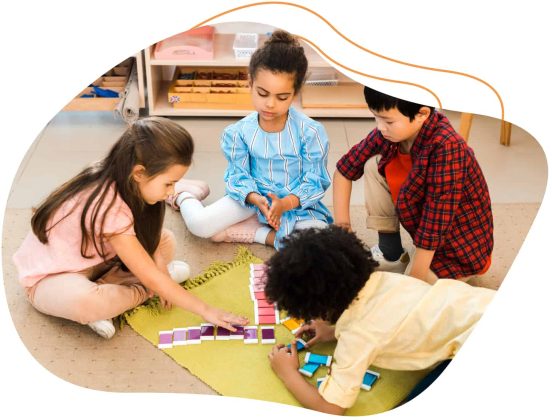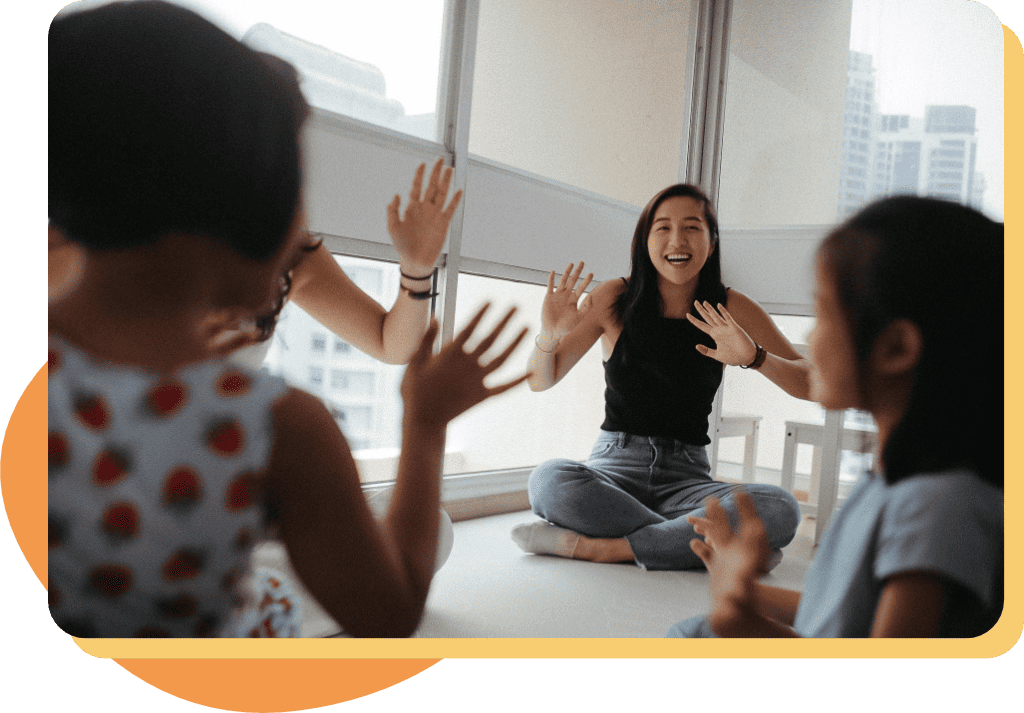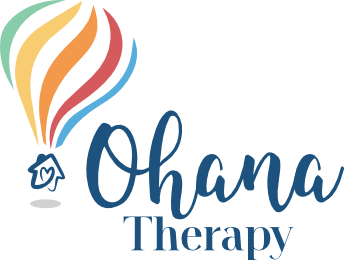Our Services
Social Skills Groups
Social skills are the tools we use daily to interact and communicate with others. They include both verbal and non-verbal methods such as speech, body language, facial expression, and gestures. Social skills are important in enabling an individual to have, and maintain, positive interactions with others. Aside from sustaining friendships, these skills are also vital in aiding an individual to know when and how to implement appropriate strategies when dealing with conflicts. One key part of having good social skills involves empathy, or the ability to put oneself in someone else’s shoes and recognising others’ feelings. This, in turn, allows them to respond to others appropriately based on how they are feeling.

While most children are able to learn these skills by watching others, some children with learning and thinking differences might not pick up on common, implied social rules simply through observation. These include, but are not limited to, children with a diagnosis of Autism Spectrum Disorder (ASD) or Attention Deficit Hyperactivity Disorder (ADHD), children with low self-esteem, and children who are victims of bullying or other traumas. Without proper social skills, children might present with behavioural challenges, depression, or low confidence. Difficulties in social skills may present in behaviours such as:
- Not being able to start and end conversations appropriately
- Not being able to take turns when talking to their communication partner
- Struggling to use appropriate body language (e.g. standing too close to or too far from their communication partner)
- Changing topics abruptly or providing irrelevant comments during a conversation
- Not picking up on another person’s changes in body language, facial expressions, and tone
- Lacking empathy and imagination
- Showing little to no interest in what others have to say
- Interrupting others frequently
- Failing to understand jokes, sarcasm, idioms, and other non-literal information
- Not asking for clarification when confused or presented with an unclear situation
- Disclosing excessively personal information to unfamiliar people
- Not being able to start and end conversations appropriately
- Not being able to take turns when talking to their communication partner
- Struggling to use appropriate body language (e.g. standing too close to or too far from their communication partner)
- Changing topics abruptly or providing irrelevant comments during a conversation
- Not picking up on another person’s changes in body language, facial expressions, and tone
- Lacking empathy and imagination
- Showing little to no interest in what others have to say
- Interrupting others frequently
- Failing to understand jokes, sarcasm, idioms, and other non-literal information
- Not asking for clarification when confused or presented with an unclear situation
- Disclosing excessively personal information to unfamiliar people

Social Skills Group
For Children
Social skills groups are small groups (typically consisting of two to six kids) led by a therapist who guides them on how to interact appropriately with others of similar age. These sessions help children to learn conversational, friendship, and problem-solving skills. They can also be useful in teaching children to identify and manage their emotions and understand other people’s perspectives. For our neurodivergent clients, we focus on supporting them with skills to navigate a neurotypical world and embracing their differences in the process.
At Ohana Therapy, our groups are led by qualified Speech-Language Therapists who adopt play-based approaches in teaching communication and play skills. Our groups are run weekly at a ratio of minimally 1 therapist to 2 children, and up to 2 therapists to 6 children.
We Would Love to Help You
Group Therapy Sessions
Enrol your child in our social skills group today!
